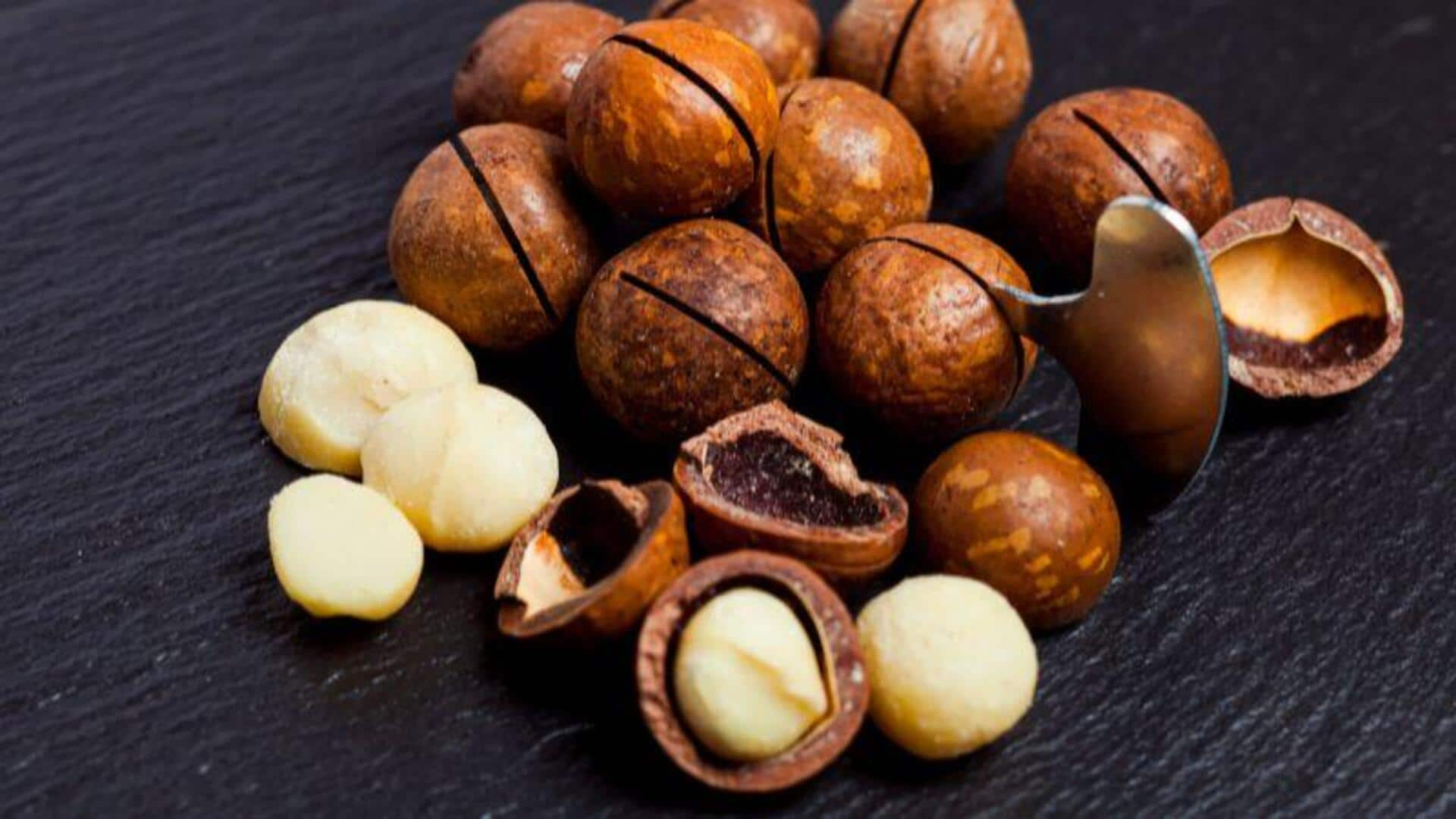The superfood glow of African shea nuts
What's the story
Shea nuts, harvested from the native African shea tree, are highly prized for their exceptional nutritional and moisturizing benefits.
These nuts serve not only as sustenance but also as a vital ingredient in skincare rituals.
Packed with vitamins A, E, and F, they provide a myriad of health advantages including enhanced skin elasticity and anti-inflammatory properties.
Nutrients
Nutritional powerhouse unveiled
Shea nuts are rich in essential fatty acids and vitamins, which are vital for skin health and nutrition.
Boasting a fat content of approximately 60%, these nuts offer a concentrated source of stearic and oleic acids, lending them exceptional moisturizing properties.
Plus, the inclusion of vitamins A and E ensures they serve as a potent antioxidant source.
Processing
From tree to table
Shea nuts go through a long journey to become finished products.
First collected, they're cracked open to remove the kernels, which are then roasted.
The roasted kernels are crushed into a paste, from which shea butter is extracted by boiling.
This whole process is time-consuming and primarily managed by women in rural African communities. It gives them a crucial source of income, contributing to their livelihoods and economic empowerment.
Skincare
A staple in skincare regimens
Shea butter, derived from the nuts of the shea tree, is a popular ingredient in many skincare products thanks to its exceptional moisturizing abilities.
It's especially great for dry skin types and conditions like eczema, thanks to its soothing and comforting effects.
Plus, its anti-inflammatory benefits make it a good choice for calming redness and irritation on the skin.
Culinary
Beyond beauty: Culinary uses
Although shea butter is most recognized for its use in cosmetics, it has a long history in African culinary traditions.
It is used as a cooking oil or fat, adding a unique nutty flavor to a variety of dishes.
Of course, the shea butter used in the kitchen is culinary-grade and not the same as what you'd find in skincare products.
Sustainability
Supporting sustainable practices
The production of shea butter provides economic opportunities for rural communities, but it also raises concerns about sustainability.
Efforts are being made to ensure that shea nut harvesting and processing practices are environmentally friendly and do not deplete resources.
By supporting fair trade shea products, consumers can contribute to sustainable development goals by ensuring producers receive fair compensation.
